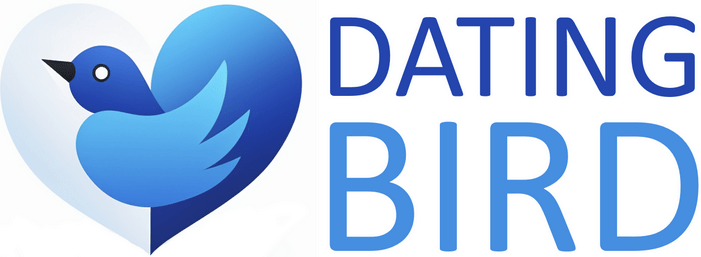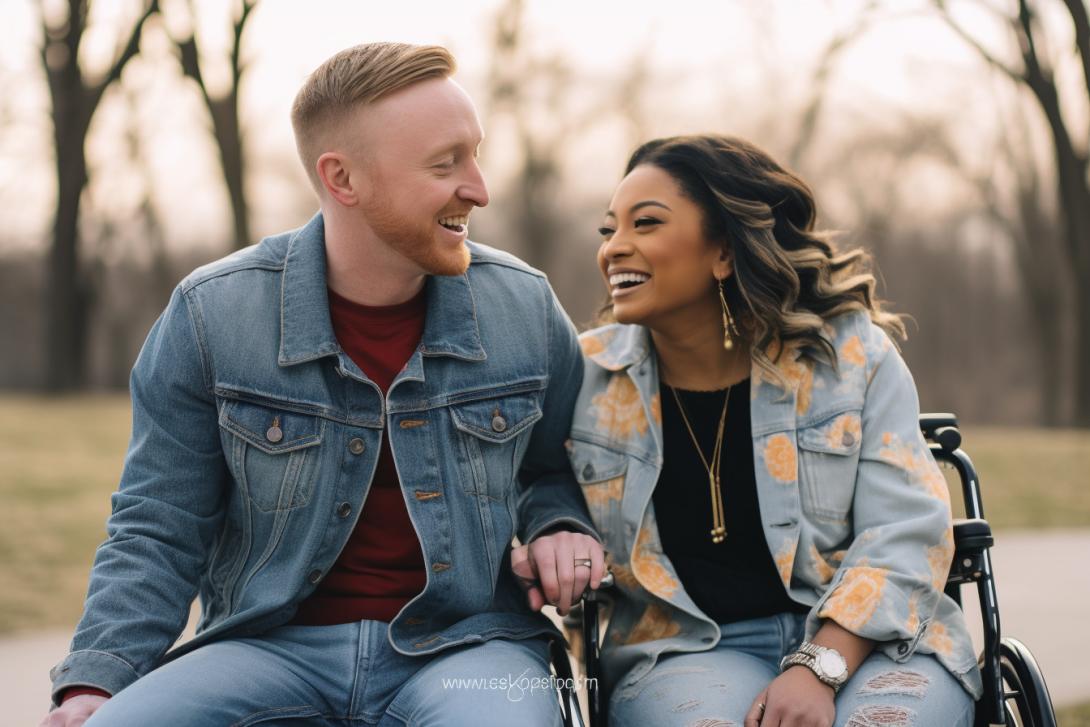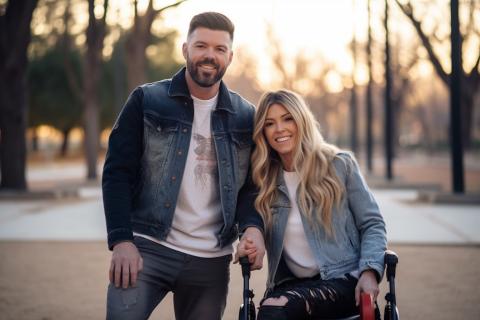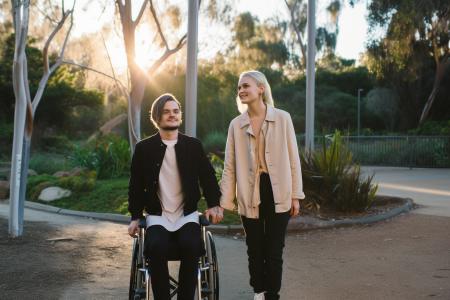Ah, confidence and self-esteem, two vital ingredients in the recipe for dating success. And guess what? You already possess them, even if you feel like they're buried under layers of self-doubt. So, how do you dust off these hidden treasures and let them shine? That's what we're about to explore.
Firstly, let's talk about self-esteem. No, it's not just a fancy term psychologists throw around. It's the key to embracing your worth and believing in your abilities. It's the voice in your head that whispers, "You're enough, just as you are". It's about acknowledging your strengths and accepting your weaknesses.
Now, you might be thinking, "But I'm a disabled individual, how can I build self-esteem while coping with rejection in dating?" Here's a little secret for you: self-esteem isn't about being perfect, it's about accepting imperfection. So, your disability doesn't reduce your worth, it just adds a unique layer to your identity.
Boosting confidence, on the other hand, is like adding a turbo-charger to your self-esteem. It's about walking into a room (or sliding into a DM) and thinking, "I'm awesome, and I don't need anyone else to confirm it". It's not about being arrogant, but about being comfortable in your own skin.
Coping with rejection in disabled dating can be tough, but remember, rejection is not a reflection of your worth. It's just a part of the dating game. So, dust yourself off, adjust your crown, and remember: you're a catch, disability or not.
"Your disability doesn't define you, your strength does."
So, are you ready to let your self-esteem and confidence shine? Let's delve deeper into the power of positive self-talk in the next section. It's time to turn that inner critic into your biggest cheerleader. Buckle up, it's going to be an empowering ride!
The Role of Positive Self-Talk
There's no denying it: rejection can sting, and when you're navigating the dating scene as a disabled individual, it can feel like there's an extra layer of complexity to handle. But hold on, there's a secret weapon you've got up your sleeve - positive self-talk.
Positive self-talk is like having your own personal life coach residing in your mind, constantly cheering you on. This technique can be a game-changer when it comes to coping with rejection in disabled dating. It's all about transforming negative thoughts into positive affirmations, and trust me, it's not as hard as it sounds.
First things first, let's talk benefits. Positive self-talk can boost your confidence, reduce stress, and improve your overall mental health. It's like a cup of hot tea on a rainy day - comforting, soothing, and just what you need to keep going. And the best part? It's free!
So, how do you implement positive self-talk? Start by identifying your negative thoughts. Do you often find yourself thinking, "I'm not good enough" or "No one will ever want to date me because of my disability"? It's time to flip the script. Replace those thoughts with positive affirmations like, "I am worthy of love and respect" and "My disability does not define my worth".
Remember, practice makes perfect. The more you practice positive self-talk, the more natural it becomes. Just like learning to ride a bike or mastering a new recipe, it takes time. But once you've got it down, it's a skill you'll have for life.
Positive self-talk is a powerful tool in self-empowerment. It allows you to take control of your thoughts and feelings, boosting your confidence and resilience in the face of rejection. It's not about pretending everything is perfect, but rather, choosing to focus on your strengths and capabilities.
To sum it up, in the wise words of a certain animated fish, "Just keep swimming". Rejection is merely a bump on the road to finding love. So, take a deep breath, remind yourself of your worth with some positive self-talk, and keep moving forward.
Next up, we'll explore the importance of embracing your disability. But remember, it's not about 'overcoming' your disability, it's about embracing it as part of your unique story. So, are you ready to embrace your disability with pride and confidence? Let's dive in!
Embracing Your Disability
Embracing your disability isn't about wearing a superhero cape (though, feel free to do that if you fancy), it's about taking pride in your unique journey and recognising the strength within you. Remember, you are not defined by your disability, but rather your resilience and spirit.
Acceptance is the first step in this journey of self-love. Yes, you have a disability. And yes, it might make dating a bit more challenging. But is it the end of the world? Not by a long shot! You're still the same witty, charming individual that you've always been. Embrace that.
Next comes Pride. No, not the Pride Parade (though, that's an amazing event too), but being proud of who you are and your disability. It's not a flaw, it's a part of you. It's made you stronger, more empathetic, and resilient. So, why not be proud of it?
Feeling Empowered is the next step. You've accepted your disability, taken pride in it, now it's time to feel powerful. You've got this! You're navigating the dating scene with grace, humour, and a fantastic sense of style (if I do say so myself).
Finally, all of this leads to building a strong Self-Identity. Recognise that your disability is just one aspect of you. You're not just "the one with the disability", you're "the one with the amazing sense of humour, who also happens to be disabled".
In conclusion, embracing your disability is all about accepting, taking pride, and feeling empowered. It's about forging your identity outside of societal stereotypes and misconceptions. So, as you continue this journey of dating and navigating rejection, remember to be kind to yourself, embrace your uniqueness and keep shining.
Next up, we'll be diving into the world of online dating. We'll talk about effective communication, how to disclose your disability, and how to handle potential reactions. So, buckle up and get ready for some great tips!








